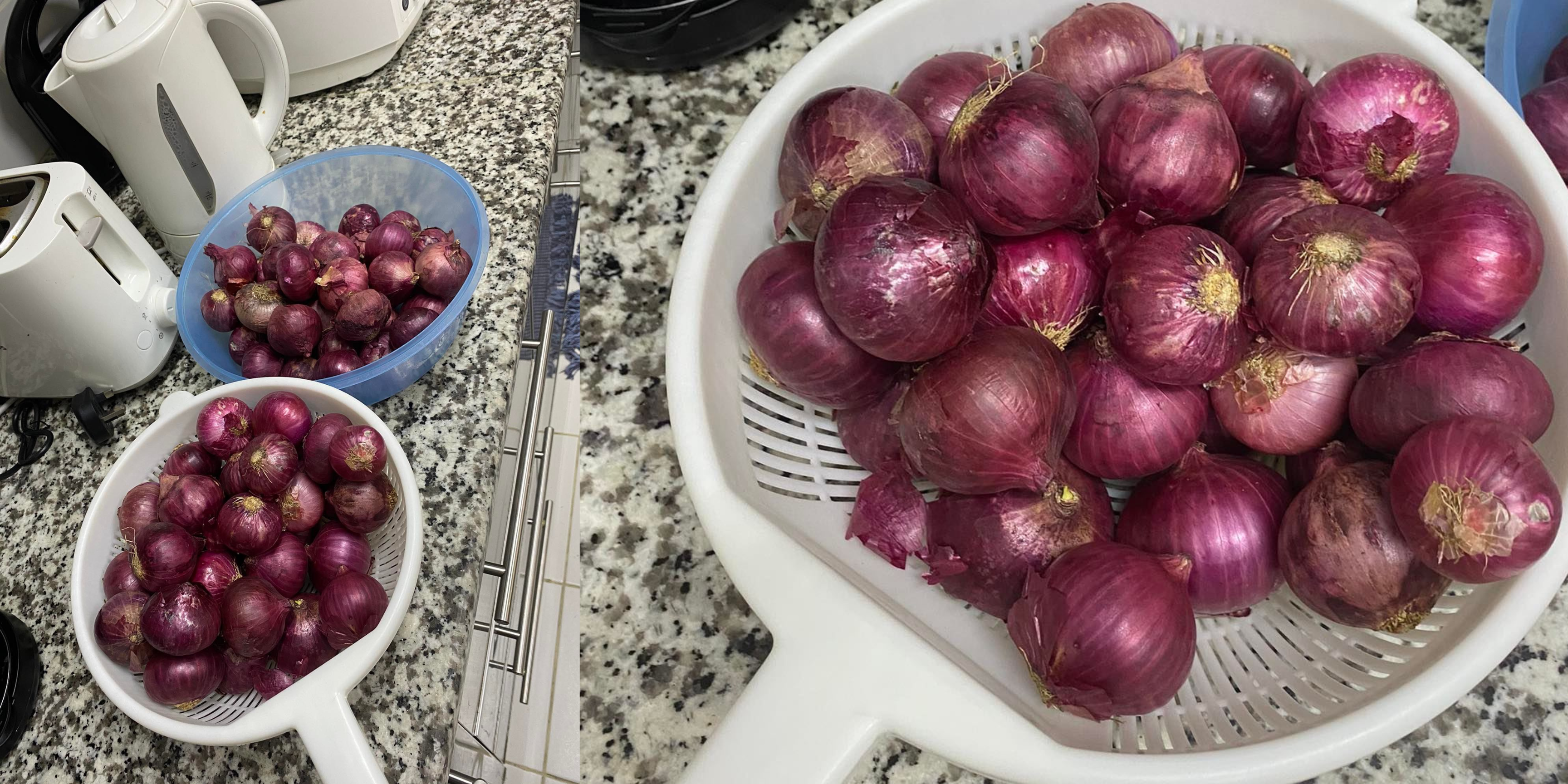Several overseas Filipino have shared their unique ‘pasalubong’ stories as they bring home red onions, lemons and even chili instead of chocolates to their loved ones in the Philippines.
But a few days ago, a group of flight attendants from Dubai and Riyadh were stopped by the Bureau of Customs for attempting to do the same.
Agriculture Attache Nolet Fulgencio at the Philippine Consulate General Dubai and Northern Emirates clarified in an interview with The Filipino Times that there are necessary permits required should an OFW wish to bring home red onions to the Philippines.
“All passengers going to the Philippines intending to bring fresh agricultural products of plant origin for personal consumption must secure a plant quarantine certificate (PQC) from the Bureau of Plant Industry (BPI). This shall be done ahead of the passenger’s flight or travel into the country,” said Fulgencio.
According to Fulgencio, regardless of volume, bringing home red onions would require a phytosanitary certificate (PC) which is issued by the Competent Authority of the country where the fruit or vegetable will come from. The application for this can be processed by emailing [email protected] or by visiting BPI’s office in the Philippines in person.
“Upon arrival in the Philippines, fresh / unprocessed agricultural products must be indicated in the Customs Declaration form of the Bureau of Customs (BOC) which shall be presented, along with the PC and PQS, to the BOC and BPI Plant Quarantine Officers at the airport,” stated Fulgencio.
There are also specific countries where onions can only be sourced according to the Agriculture Attache.
“For onions in particular, at present, only those directly sourced from China, India, New Zealand, Australia, Netherlands and South Korea can legally enter the country. The Philippines has existing import protocols on onions with these countries,” Fulgencio said.
With the said existing policy, failing to meet the requirements of the Philippine government would entail confiscation of goods.
“Shipments without proper/ incomplete documentation shall be confiscated to prevent the possible spread of plant diseases and pests that can severely affect local agriculture,” added Fulgencio.
She also emphasized that there is no minimum or maximum volume to which the permit applies. Meaning, a permit is a must should you wish to bring home red onions or fruits.
Under the Bureau of Customs Passenger Guidelines, it is stated that fruits and plants are among the list of items that need import / export permits and / or clearances and government agencies.
It is also stated in the same guidelines that OFWs can bring home pasalubong free of tax.




